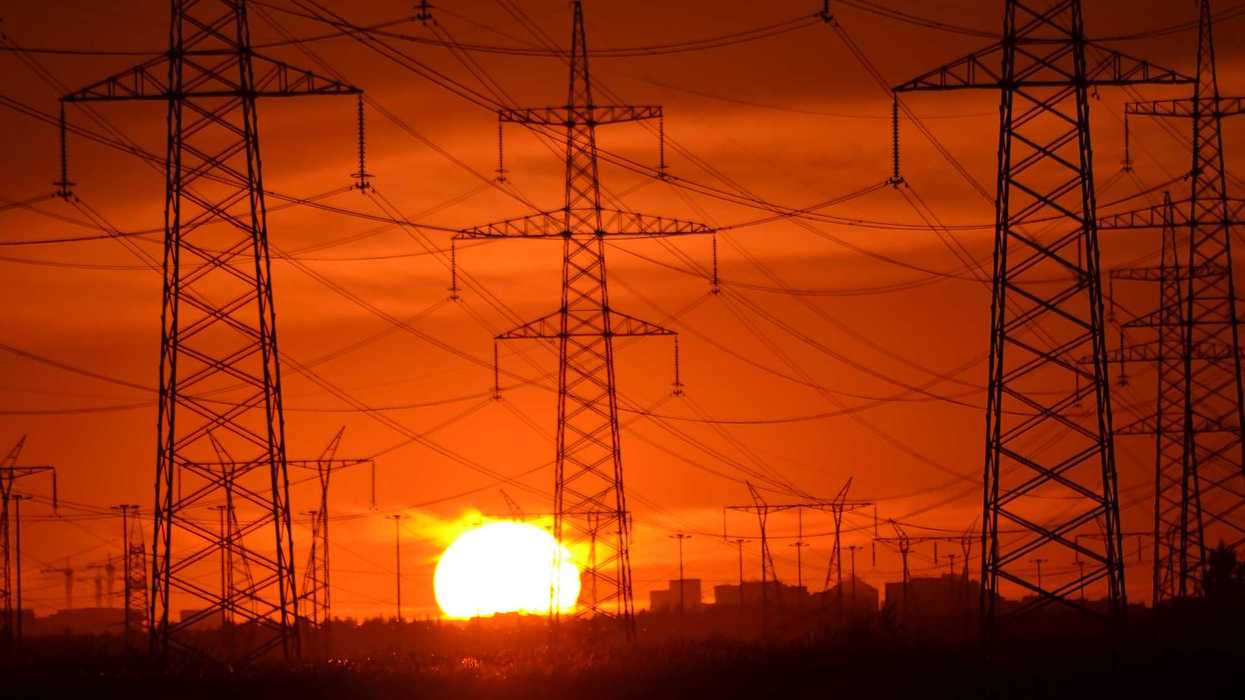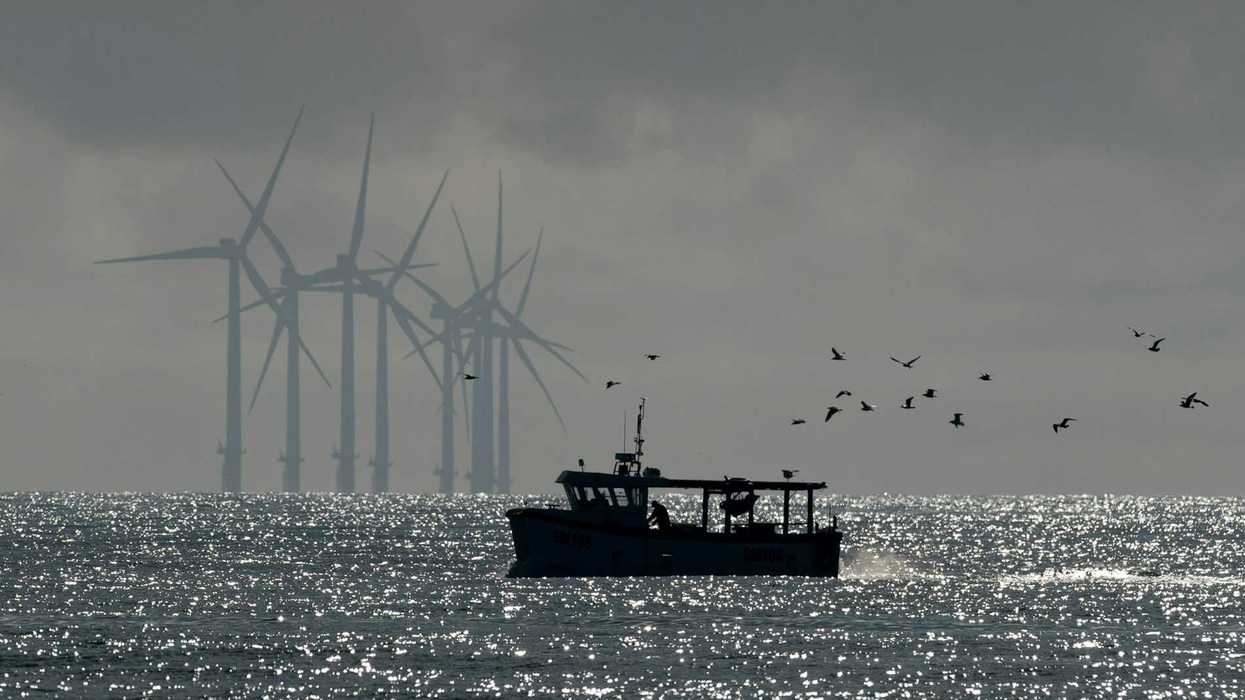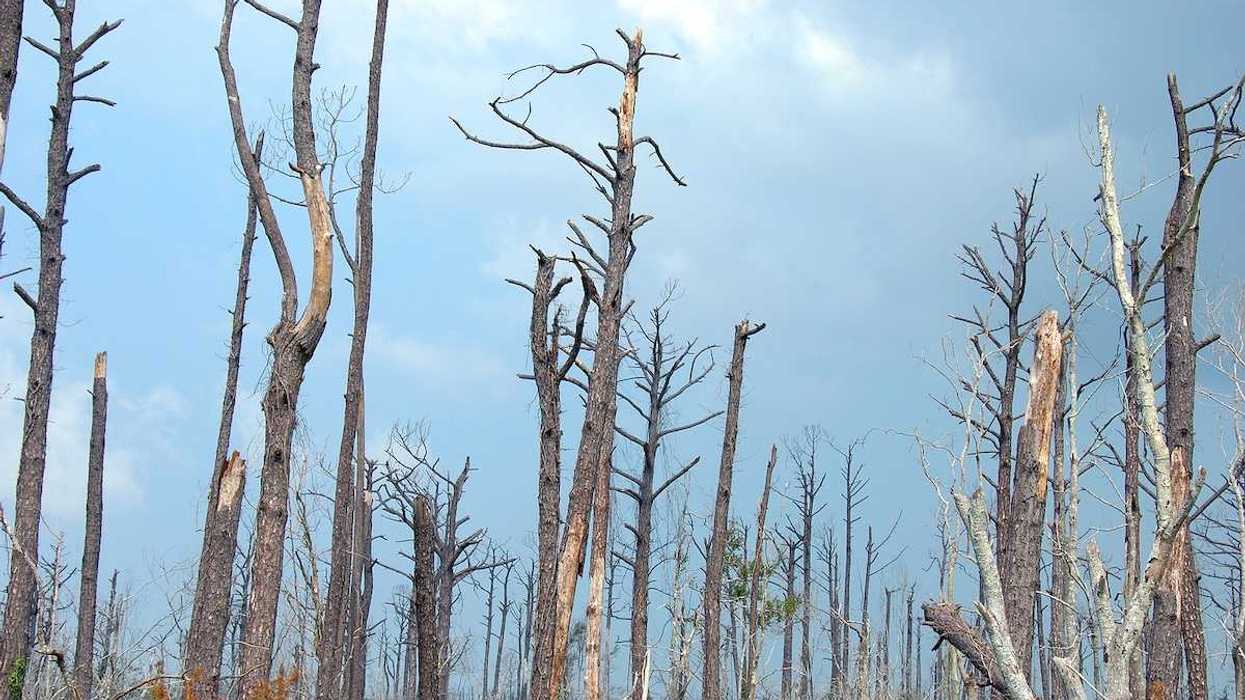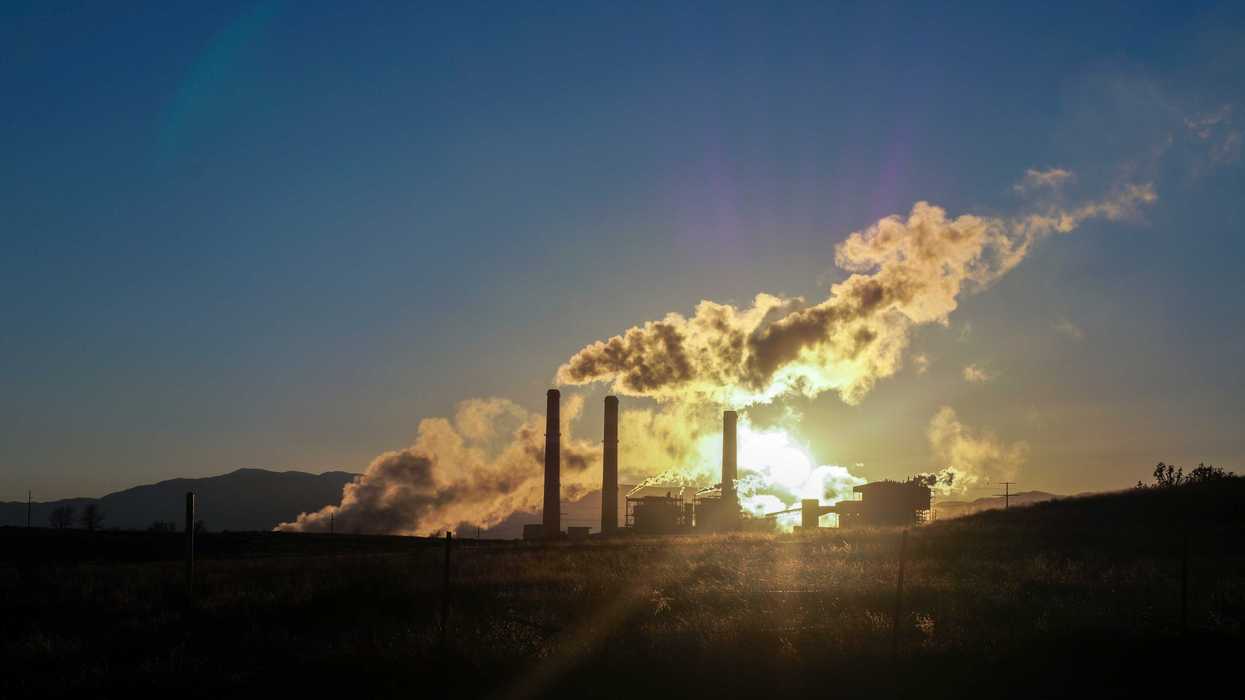Municipal leaders across Canada are urging federal parties to prioritize green infrastructure and disaster resilience in the upcoming election, warning that expanding fossil fuel projects will deepen the climate crisis.
Verity Stevenson reports for CBC News.
In short:
- A coalition of 128 mayors, deputy mayors, and local officials signed an open letter demanding a national electric grid, high-speed rail, green affordable housing, and a climate disaster strategy.
- The letter criticizes proposed pipeline expansions, arguing they harm Indigenous sovereignty and increase climate-related disasters, while offering few long-term economic benefits.
- Communities like Jasper and Montreal, which faced devastating wildfires and floods last year, say they need federal leadership to help them rebuild stronger and adapt to worsening extreme weather.
Key quote:
"Let’s be honest: New pipelines require massive public handouts, trample on Indigenous sovereignty and mean more climate disasters hitting our cities and towns in years to come."
— Open letter signed by 128 municipal leaders to Canada's five main federal party leaders
Why this matters:
While climate disasters become routine on the ground, federal debates in Ottawa often remain fixated on pipelines and international trade — decisions that prioritize fossil fuel infrastructure even as local officials warn that their cities aren’t ready for the next crisis. Across provinces, municipal leaders are urgently calling for investments that serve a dual purpose: cutting emissions while shielding communities from the very climate impacts fossil fuel dependence has helped unleash. That means more spending on flood defenses, affordable housing built to withstand heatwaves, and equitable access to clean energy. Local governments increasingly frame public safety, environmental justice, and economic resilience as interconnected.
Related: Canada: Poilievre promises oil and gas companies swift approvals, fewer environmental rules














